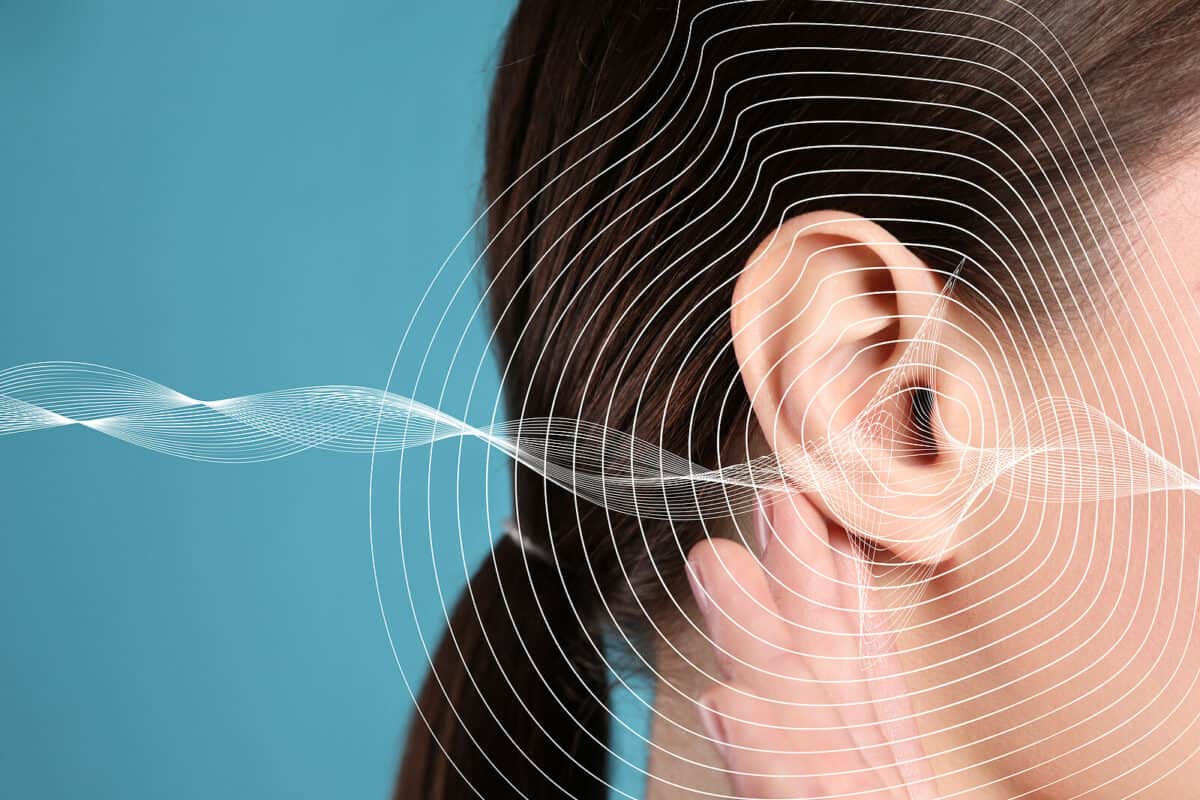When was the last time you had your hearing checked? If you cannot recall or it’s been a number of years, this is a great reminder to schedule a hearing test.
Hearing loss is a pervasive health condition that people experience today. Over 48 million, or 1 in 5 people, have some degree of hearing loss. Though it is common, hearing loss still remains widely undertreated. In fact, only a third of people who could benefit from treatment, actually receive it. What often contributes to a delay in treatment is avoiding hearing tests. It is common for people to feel anxious about getting a hearing test and it can also be challenging to acknowledge changes to hearing health. But avoiding hearing tests can actually make hearing loss and the toll it can have much worse.
How undertreated is hearing loss?
Hearing loss tends to be widely undertreated. To study the inaction when it comes to hearing loss, the American-Speech-Language-Hearing Association conducted a study. Researchers surveyed a nationally representative sample of nearly 2,500 adults on their experience of hearing loss and found that:
- 2 in 10 adults have had a hearing test in the past 5 years, compared to 6 in 10 adults who have had their vision tested.
- More than 51% of people reported hearing issues but only 11% have sought treatment.
- 78% of those with hearing issues have been experiencing these challenges for 1 or more years, and over 35% have had trouble for 5 or more years.
This data shows that hearing health is often not prioritized and that even when symptoms have been present for several years, it is common to not address them. These findings support extensive research that shows how common untreated hearing loss is.
What is the impact of untreated hearing loss?
Hearing loss is a medical condition that reduces one’s capacity to hear and process speech as well as sound. This produces various symptoms that make it tough to hear and navigate conversations. Over time, this can have multifaceted effects on everyday life, health, and wellness. Major outcomes include:
- Strained communication: hearing loss symptoms like tinnitus (ringing or buzzing noise in the ears), sounds being muffled or distorted, and difficulty hearing speech in environments with noise make it tough to hear. People often use various strategies to follow conversations – lip reading, pretending to hear, asking others to repeat what they said etc. This can contribute to miscommunication and fatigue; effects that take a toll on effective communication.
- Toll on relationships: communication is essential for relationships so untreated hearing loss can have significant effects on relationships. People often report feeling unheard or ignored by their loved one with hearing loss. While loved ones are likely trying really hard to follow what is being said, people can feel like they aren’t paying attention or are interested in the conversation. This can contribute to frustration and distance over time, straining relationships.
- Social withdrawal: to cope with hearing loss symptoms, it is common to avoid conversations as much as possible. This can involve spending less time with loved ones, avoiding social activity and gathering, participating less in hobbies etc. Social withdrawal is a common outcome of untreated hearing loss. Not only does this impact relationships and social connection but it also affects mental health and wellness.
- Increased health risks: extensive research shows that untreated hearing loss can increase a number of health risks. This includes cognitive decline, depressive symptoms, falls, and accidental injuries.
These outcomes of untreated hearing loss highlight how impactful ignoring hearing loss can be. It is important to intervene as early as possible to treat any changes you are experiencing to your hearing health.
How can I start treatment?
The first step is to schedule an appointment for a hearing test. This involves a painless process that measures hearing capacities in both ears. Once your hearing needs are identified, treatment can be tailored to meet those needs. There are effective ways that hearing loss is treated that transform hearing health. Hearing aids are the most common treatment and these electronic devices help process sound. This alleviates symptoms and maximizes one’s hearing capacity which strengthens hearing and communication. These benefits also improve relationships, social life, and overall health.
Contact us today to schedule an appointment for a hearing test

